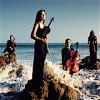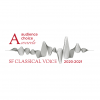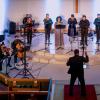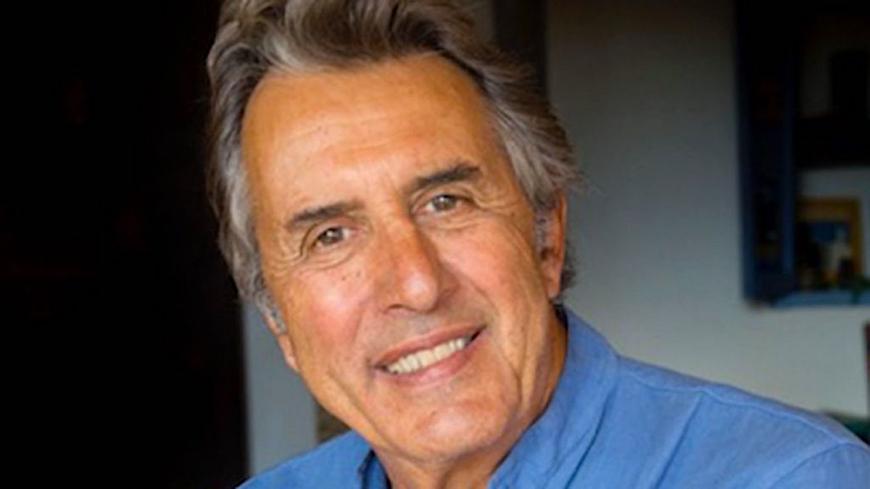
Asked to describe the music he programs for the annual Hear Now Festival, Hugh Levick comes up with the adjective “uncommodified.”
“We’re not at all interested in neo-Romantic music, or minimalist music,” said the veteran composer. “We’re into really personal music — music that is taking chances.
“We feel this is the continuation of the classical legacy. We’re using instruments that have been used for the last several hundred years, but we are searching for ways to make music that expresses what it feels to be alive today.”
Of course, being alive today means navigating the pandemic, which is a major challenge for someone in Levick’s position. Last year’s festival was canceled altogether, and this year’s has been moved online.
The first of seven 50-minute-long concerts will be posted at 7 p.m. Thursday, Sept. 23. Subsequent installments will premiere at that same hour on Friday, Saturday, and Sunday, and on Oct. 1, 2, and 3. All are free and available on the festival’s website: www.hearnowmusicfestival.com.
It’s certainly not how Levick wanted to celebrate the 10th anniversary of the festival, which he founded in 2011 as a showcase for the work of Los Angeles-area composers. The initial concerts a decade ago were in Venice, California; the festival’s reach has gradually expanded to other parts of the metropolitan area, including Pasadena and UCLA.
“We felt we couldn’t go two years without putting on a festival,” he said, “and because of the uncertainty (with COVID), we didn’t want to take a chance with making it live.”
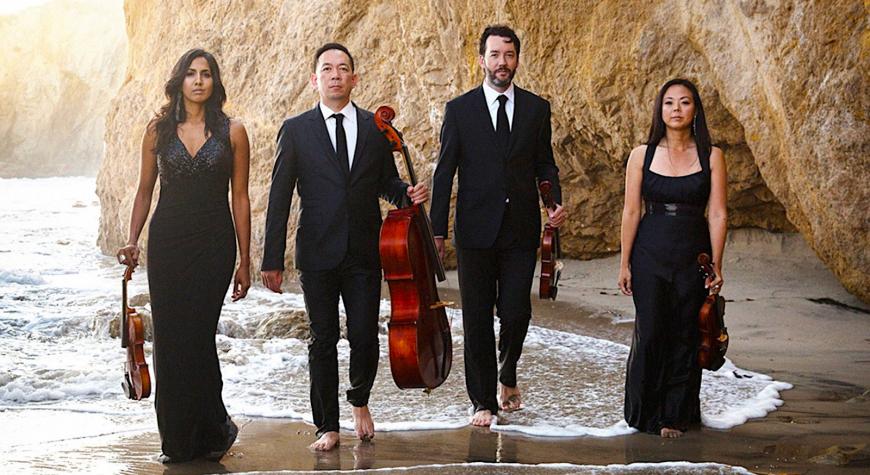
Twenty-seven of the 40 pieces chosen for the 2020 festival were recorded by an array of L.A.-based musicians, including three of festival’s resident ensembles: The Lyris Quartet, Brightwork newmusic, and HEX vocal ensemble. The remaining works will be performed in person next year, by which point Levick hopes to add a venue in downtown Los Angeles.
The pieces were all submitted without names attached, and chosen by a review committee; there were 275 submissions for 2020. Interestingly, the results ended up reflecting the diversity of Los Angeles, in terms of the age and ethnicity of the composers.
“The chief goal is quality,” he said. “I’m very pleased we have been able to reflect the ethnic diversity of L.A. and still have the kind of quality, innovative music we are interested in.”
All the music was written after 2010; Levick noted that “We’re not demanding world premieres.” But there are several this year, including the festival’s first commission: the string quartet Bye-Bye Baby by Nina Shekhar. “She had a piece in the 2019 festival that blew everybody away,” Levick said.
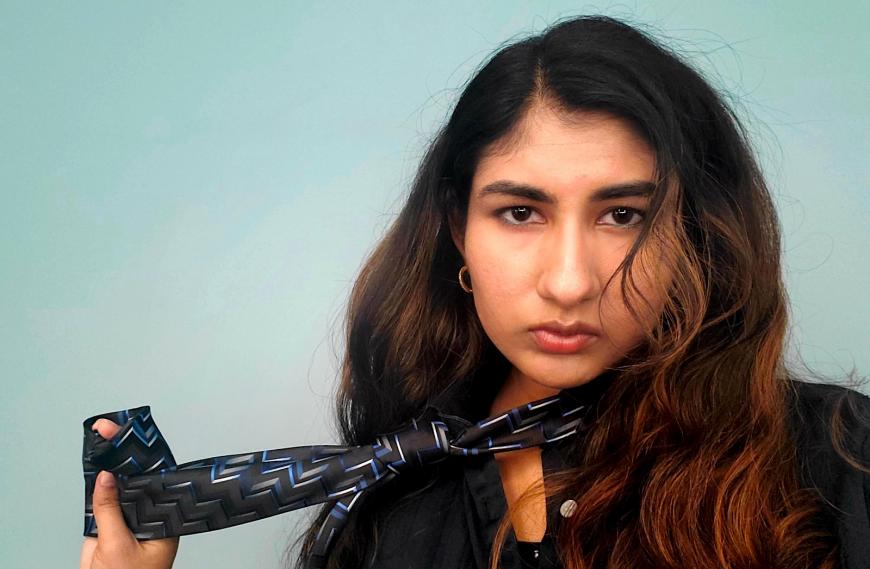
There is one instantly recognizable name on the program: John Williams, whose piano piece Conversations will be performed by Gloria Cheng on the second program. But the work “has nothing to do with his film music,” Levick said. “It’s an anomaly in terms of John’s oeuvre.”
Other highlights include the West Coast premiere of Timothy Peterson’s Talk it Out, which is scored for piano, drum set, and alto saxophone. “It’s totally written out, but it’s based on jazz,” Levick said. “It’s as if you wrote out an improvisation by Ornette Coleman.”
Levick, a student of John Cage who began his music career in avant-garde jazz before transitioning to classical music, also contributed a new piece for solo violin. “The original name was Wrecho — the echo of a wreckage,” he said. “I changed it to Prayer because there’s a certain fervency in it that I associate with hope. It’s played by [Los Angeles Chamber Orchestra Assistant Concertmaster] Tereza Stanislav. She does an amazing job.”
As in the past, the festival contains a number of pieces of electroacoustic music, in which composers feature technology as a sound source. In past years, he noted, these have been grouped together in one evening; this year, there will be one such piece on each of the seven programs.
That mix of genres might prove jarring to some, but as Levick sees it, that’s not necessarily a bad thing.
When an artist honestly reflects contemporary life, “you get a lot of fragmentation,” he said. “You get a lot of collisions, a lot of surprising juxtapositions. There are a lot of lyrical moments in all the music of the festival, but melody is not the foundation on which a composition is built.
“Isn’t the task of the artist to try to express what it feels like to be alive in this particular socio-historical moment? That’s what we’re looking for. You’re not trying to carry people away; you’re trying to wake them up.”


